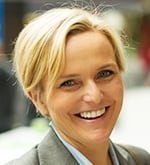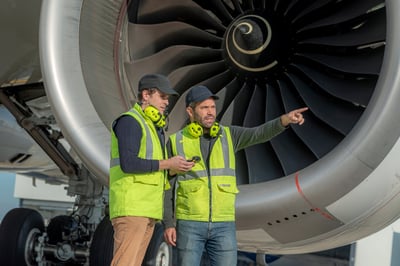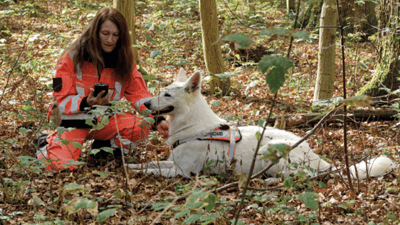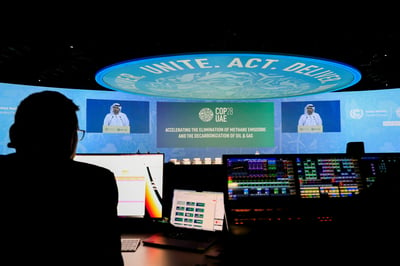Elancourt, 3 July 2018 – Airbus has made significant steps forward towards a final result for future standards for secure broadband communication solutions. Last week, Airbus participated to the second plug test at Texas A&M University in College Station (USA) and pushed the envelope for new technical features.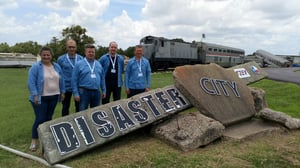
The event has been a major milestone in the standardisation process and was initiated by the European Telecommunications Standards Institute (ETSI). Airbus has been able to scrutinise the interoperability of push-to-talk (MCPTT) for multimedia broadband applications, which describes the essentials for professional use of communication tools. MCPTT encompasses, for instance, specific support for group and single calls, low delay, and high audio quality.
Airbus has also tested data and voice transmission, “Call me Back” services, and key security mechanisms. The test results are an important element to push forward the creation of the new technical ecosystem.
Interoperability tests help check the applications and hardware among various vendors to harmonize them. This year’s plug test in the United States was based on existing results of the ETSI, the Internet Engineering Task Force and the 3rd Generation Partnership Project (3GPP).
“Standards will build trust and confidence in our industry,” says Eric Davalo, Head of Strategic Development for Secure Land Communications at Airbus. “In Texas, Airbus has demonstrated that it strives with passion for a global standard in the area of mission-critical push-to-talk over LTE. On the basis of last year’s work during the first plug test at the ETSI in France, we have now been improving the interoperable technologies for data and video transmission.”
The next generation of critical communications solutions will consist of LTE platforms and open standards defined by the 3GPP. To find a common ground, vendors of professional communications technology gather regularly to define, test and fix those future norms.
Standardisation defines clear rules for secure communication technologies and will be a global mandatory guideline. For users of critical communication tools, such as police or firefighters, standardised products facilitate their operation with applications and devices.
Airbus
Airbus is a global leader in aeronautics, space and related services. In 2017 it generated revenues of € 67 billion and employed a workforce of around 129,000. Airbus offers the most comprehensive range of passenger airliners from 100 to more than 600 seats. Airbus is also a European leader providing tanker, combat, transport and mission aircraft, as well as one of the world’s leading space companies. In helicopters, Airbus provides the most efficient civil and military rotorcraft solutions worldwide.
Secure Land Communications (www.securelandcommunications.com)
Secure Land Communications (SLC), an Airbus business unit, offers advanced communication and collaboration solutions to gather, process and deploy intelligence. Its portfolio is tailored to the needs of Public Safety, Defence and Transport, Utility and Industry (TUI). It includes infrastructures, devices, applications and services based on Tetra, Tetrapol and Broadband technologies (either single, hybrid or multi-technology solutions). As the European leader and a key international player, SLC has customers in more than 80 countries and employs around 1,150 people in 17 countries.
Contacts:
Kai Schlichtermann + 33 1 6138 5547 kai.schlichtermann@airbus.com
Anke Sturtzel + 33 1 6138 5330 anke.sturtzel@airbus.com

